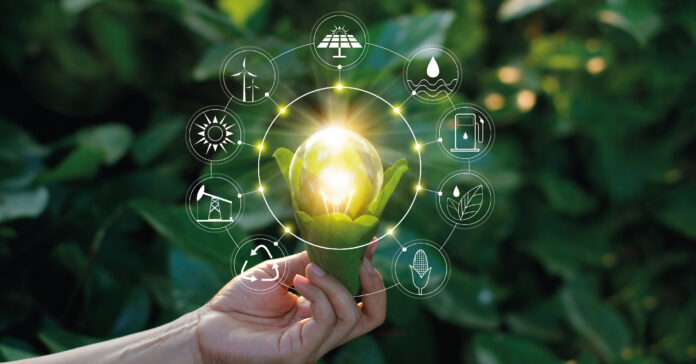ISLAMABAD: A new independent study reveals that the country can save more than $8 billion over the next decade by implementing improved power production strategies.
The study titled “Powering Pakistan’s Future: Pathways to Optimise Affordable Electricity Generation” was conducted jointly by two Islamabad-based research institutions — the Policy Research Institute for Equitable Development (PRIED) and Renewables First — and shed light on potential cost-saving opportunities in Pakistan’s energy sector.
The study critically evaluates the government-prepared Indicative Generation Capacity Expansion Plan (IGCEP) 2022-31 and identifies flaws in its projections. It emphasises that effective planning must include not only the expansion of electricity generation capacity but also expansion of the electricity transmission and despatch system. Without such expansion, Pakistan has been unable to fully utilise a major portion of its acquired electricity generation capacity over the last decade, resulting in inefficiencies and frequent power breakdowns, it states.
The study’s projections differ significantly from the IGCEP 2022-31, particularly concerning the share of wind and solar power in Pakistan’s energy mix by 2031. While IGCEP forecasts the share will reach 30 percent, the study indicates that it could be as high as 47 percent. This highlights the potential for greater incorporation of renewable energy sources, particularly wind and solar power, to reduce variable electricity costs by more than 10 percent and lower emissions by around 50 percent in 2030.
Head of PRIED Muhammad Badar Alam stressed the need for a robust transmission and despatch system stating that it is a crucial factor to realise the benefits of increased generation capacity.
Naila Saleh from Agora Energiewende, a German research organisation, also emphasised the importance of increased renewable energy integration for substantial cost and emission reductions.
Moreover, Ubaid-ur-Rehman from SDPI proposed that aiming for decarbonisation of the entire economy by 2050 would not only help Pakistan achieve the targets of United Nations’ Sustainable Development Goal 7 but also unlock the country’s full potential for long-term emission reduction.
Umer Farooq from LUMS Energy Institute emphasised the study’s critical analysis of supply and demand, as well as the nexus between renewable energy incorporation and the associated challenges. The study highlights the significance of energy-efficient buildings in reducing CO2 emissions and minimising the financial impact in the country.
The findings of this independent study provide valuable insights into Pakistan’s energy sector and offer viable strategies for cost-saving and sustainable energy production. Implementing these recommendations could lead to a more efficient and environmentally friendly energy landscape for the nation.





How I Got My Blank Atm Card And Became Wealthy…
My husband and I are here to testify about how we use Dark Web blank atm card to make money and also have our own business today. Go get your blank atm card today and be among the lucky ones. This programmed blank atm card is capable of hacking into any atm machine, anywhere in the world. It has really changed our life for good and now we can say we are rich and we can never be poor again. You can withdraw the maximum of $ 2,500 daily We can proudly say our business is doing fine and is not illegal to me, there is no risk of being caught because it has been programmed in such a way that it is not traceable, it also has a technique that makes it impossible for the CCTV to detect you.. For details and cost on how to get yours today, email the hackers on: darkwebonlinehackers (@) gmail (.) com or WhatsApp: +18033921735